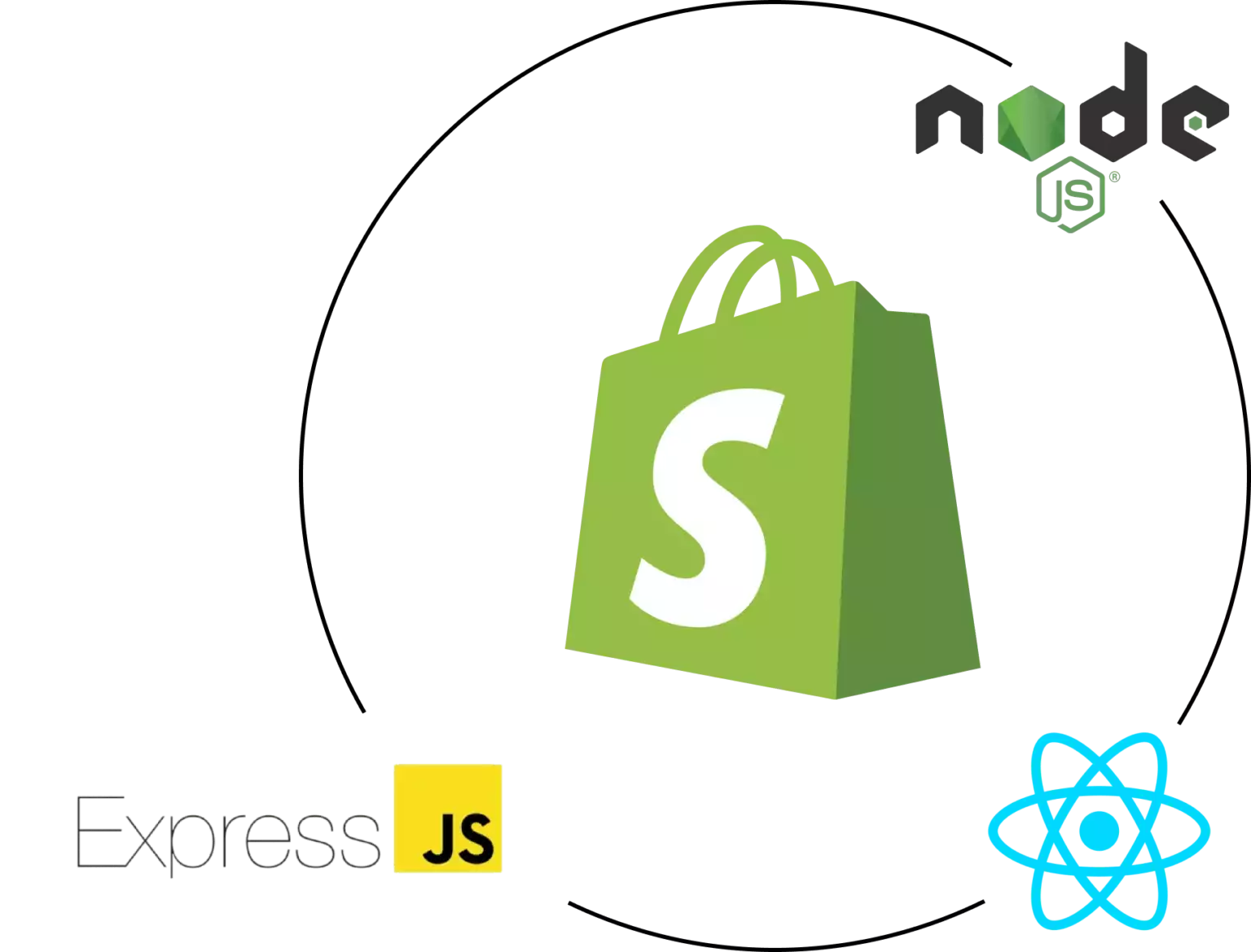Overview
In today’s competitive e-commerce landscape, standing out is essential, and one of the best ways to differentiate a Shopify store is through tailored app creation. A robust Shopify app can enhance store capabilities, simplify processes, and boost customer interaction. This article delves into key elements of Shopify app development, covering API integration and app ecosystem to scaling strategies and promotion methods, offering a roadmap for companies looking for superior store performance.
The Importance of Shopify API Integration
Shopify’s API offers robust tools to personalize and extend store capabilities. With GraphQL and REST APIs, developers can access data to build applications that handle inventory management, order processing, and customer information management seamlessly. Integrating Shopify’s API can enable improved workflow automation and enables stores to assist shoppers more effectively.
Adopting the Polaris Design System
Shopify’s Polaris is Shopify's design system for creating intuitive and accessible Shopify apps. By adhering to Polaris guidelines, developers guarantee that apps integrate smoothly within the Shopify Admin interface. This ensures a cohesive appearance that appeals to Shopify merchants, encouraging usability and familiarity for merchants using your tailored app.
Understanding the Shopify App Ecosystem
The Shopify app ecosystem provides numerous opportunities for enhancing e-commerce sites. From handling order fulfillment to increasing customer interaction, apps in this ecosystem are designed to meet various business requirements. Familiarizing with this ecosystem assists developers in finding unique app opportunities and enables smooth connections of external tools that add value to the store.
Building Embedded Shopify Apps
Embedded apps work seamlessly within the Shopify Admin, allowing a seamless experience for merchants. They allow merchants don’t have to navigate away from their Shopify dashboard, streamlining their workflow. Employing Shopify App Bridge and embedded app capabilities is a best practice for offering a cohesive, integrated user environment.
Using Node.js and React for Shopify Apps
Node.js and React have become top options for Shopify app development. This server-side framework enables high-performance back-end services, while React allows for interactive and adaptive front-end design. Together, they offer an strong framework for creating speedy, scalable Shopify apps that enhance Shopify app ecosystem by Oyecommerz store functionality and customer interaction.
Utilizing Webhooks in Shopify Development
Webhooks allow real-time data updates between Shopify and an external app. They initiate events such as order creation or stock changes and provide immediate notifications to your app. By utilizing webhooks, apps can provide up-to-date information to store owners, simplifying processes and boosting efficiency.
Engaging Customers Through Digital Marketing for Shopify Apps
To ensure Shopify app success, engaging customers is crucial. Utilizing digital marketing strategies like SEO, email marketing, and social outreach can drive app adoption. Additionally, designing apps with customer interaction as a focus (e.g., loyalty programs or personalized recommendations) increases user loyalty and loyalty.
Scaling Your Shopify App
As e-commerce stores expand, so do their technological needs. Making sure that your app can manage increased traffic, larger databases, and more advanced functionalities is critical. By optimizing server resources and implementing scalable solutions, you can develop apps that grow in parallel to a store’s growth.
Essential Features and Maintenance for Shopify Apps
For an app to be useful, it should offer key capabilities like user authentication, dashboard Using Polaris for better Shopify apps analytics, and customer support options. Ongoing app upkeep, including updates to fix bugs and compatibility checks with new Shopify functionalities, is important to ensure continuous operation and prevent disruptions to business processes.
Conclusion
Custom Shopify app development holds vast potential for e-commerce businesses, providing the ability to improve performance, streamline processes, and build customer relationships. From integrating APIs to focusing on scalability and customer engagement, building a Shopify app involves thoughtful preparation and strategic execution. If you’re prepared to unlock your store’s full potential, a tailored Shopify application may be the ideal choice. What features do you see for your dream application? Share your thoughts and take the first step toward an optimized e-commerce journey!
